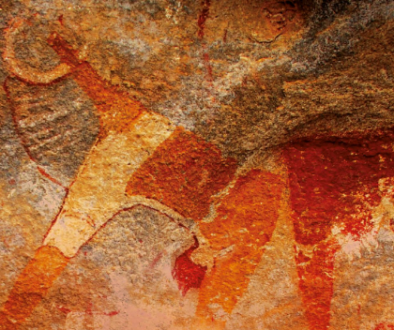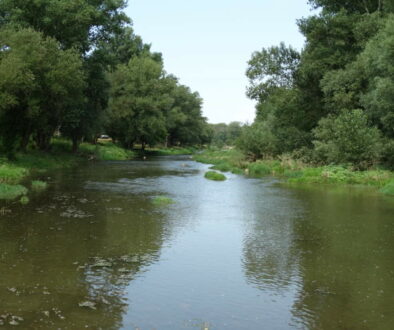Asian Philosophy of Protected Areas
Hamzah, Amran; Ong, Dylan Jefri; Pampanga, Dario2013
This is the first attempt to provide an overview of Asian approaches for Protected Areas. The work analyses traditional protected areas in major countries of Asia, e.g. China, India, Japan, South Korea, etc. moves on to discuss the evolving relationship between local communities and protected areas, and ends with a synthesis of findings, conclusions and recommendations. It also includes a wealth of useful references. The authors suggests the need of a fundamental shift in the governance of protected areas in Asia, by complementing the formal protected area system inherited from the West with customary and spiritual practices covering the whole landscape and seascape. The empowerment of the local and indigenous communities is imperative for this paradigm shift to take place. In addition, the landscape/seascape approach (as facilitated by IUCN Category V) would often require a multilateral/transboundary approach. Last but not least, the inclusive governance model should include faith groups within Asian so as to leverage on the ecologically sustainable tenets of each major religion as well as the animistic beliefs. By marrying science and religion, ethical based conservation could complement scientific knowledge in providing some of the solutions for the contemporary problems such as the threat to biodiversity due to climate change etc. By integrating science, faith and culture, will create new opportunities for social cohesion by emphasising the harmony between environmental values with religious duty and ethics, which will help foster connectivity and resilience.
In 2016, the collective work: Asian Sacred Natural Sites. Philosophy and practice in protected areas and conservation, edited by Bas Vershuuren & Naoya Furuta (2016) Earthscan from Routledge, 318 pages, further developed the sacred natural sites.
Reference
Hamzah, Amran; Ong, Dylan Jefri; Pampanga, Dario. Asian Philosophy of Protected Areas. Skudai, Johor, Malaysia: Centre for Innovative Planning and Development (CiPD), Faculty of Built Environment, Universiti Teknologi Malaysia, October 2013.




